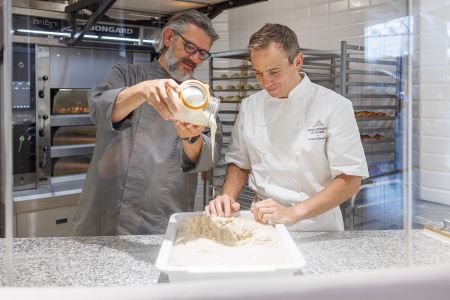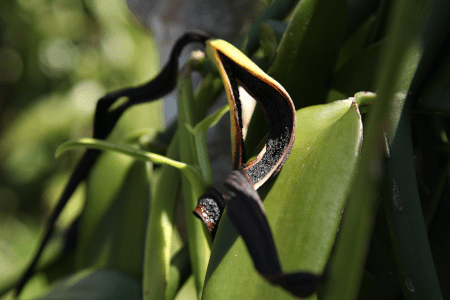ADM (NYSE: ADM) and Bayer have announced an extension of their collaboration, working with farmers in a bid to drive the further adoption of regenerative agricultural practices in Europe.
Last year, the companies embarked on a feasibility study to evaluate the impact of regenerative agriculture practices in curbing carbon emissions, increasing biodiversity and improving soil health. They worked with oilseed rape farmers covering approximately 9,000 hectares in Poland to conduct an in-depth on-farm risk assessment that evaluated carbon emissions reduction potential while building grower-specific roadmaps for the transition to regenerative agriculture. This preliminary assessment showed that carbon emissions from those hectares relying on at least one regenerative agricultural practice were 15% lower than those of conventional farms. The analysis suggests that emissions reductions could be up to 40% for farmers comprehensively adopting regenerative agriculture practices.
As part of the next stage of the collaboration, the program will expand into a broader range of crops such as corn, wheat and barley, and geographically across Eastern Europe. Farmers will be provided with financial and technical support to implement qualifying regenerative agriculture practices, including:
Minimum Tillage
Cover Crops
Companion Crops
Nutrient Management
Use of Organic Matter/Manure
Crop Rotation
ADM will compensate participating farmers for each qualifying hectare, measured and verified using Bayer’s digital capabilities in collaboration with Trinity Agtech’s Sandy platform. The Sandy platform is a recognized solution backed by science that complies to the highest standards available in the market, with an easy-to-use tool for growers.
In addition to financial support, participating farmers receive agronomic guidance from specialized professionals. That support starts with a deep agronomical understanding of issues specific to each region in which the program is taking place, followed by individualized on-farm assessments, where agronomists visit fields and together with farmers design development plans tailored for each farm. Farmers are able to share their experiences with one another and discuss different techniques during field visits and peer learning opportunities.
The 2023 feasibility program was critical to shaping a larger-scale effort. Listening to the perspectives of growers was important to ensure all factors specific to the local region were considered. Primary data collection for greenhouse gas emission calculations and soil analysis with carbon sequestration measurement allowed the growers, ADM and Bayer to gain valuable insight into current environmental impacts and potential emission reduction opportunities as the program expands.
“We have been practicing regenerative agriculture for 15 years. We are constantly improving things. We tested first on a smaller area and based on the results, we decided to implement it on a larger area. Thanks to these activities, our carbon footprint is lower,” said Karol Pietnoczka, a farmer from West Pomerania.
“We conduct regenerative agriculture practices on the farm because it is profitable for us. However, they must be well balanced with other agronomic practices to achieve farm-wide success,” said Piotr Hulanicki, a farmer from Warmia-Masuria.
Read more latest industry news and developments in our free to download magazine.
Never miss a story… Follow us on:
International Bakery
@int_bakery
@Bakeryint
Media contact
Joseph Clarke
Editor, International Bakery
Tel: +44 (0) 1622 823 920
Email: editor@in-bakery.com






